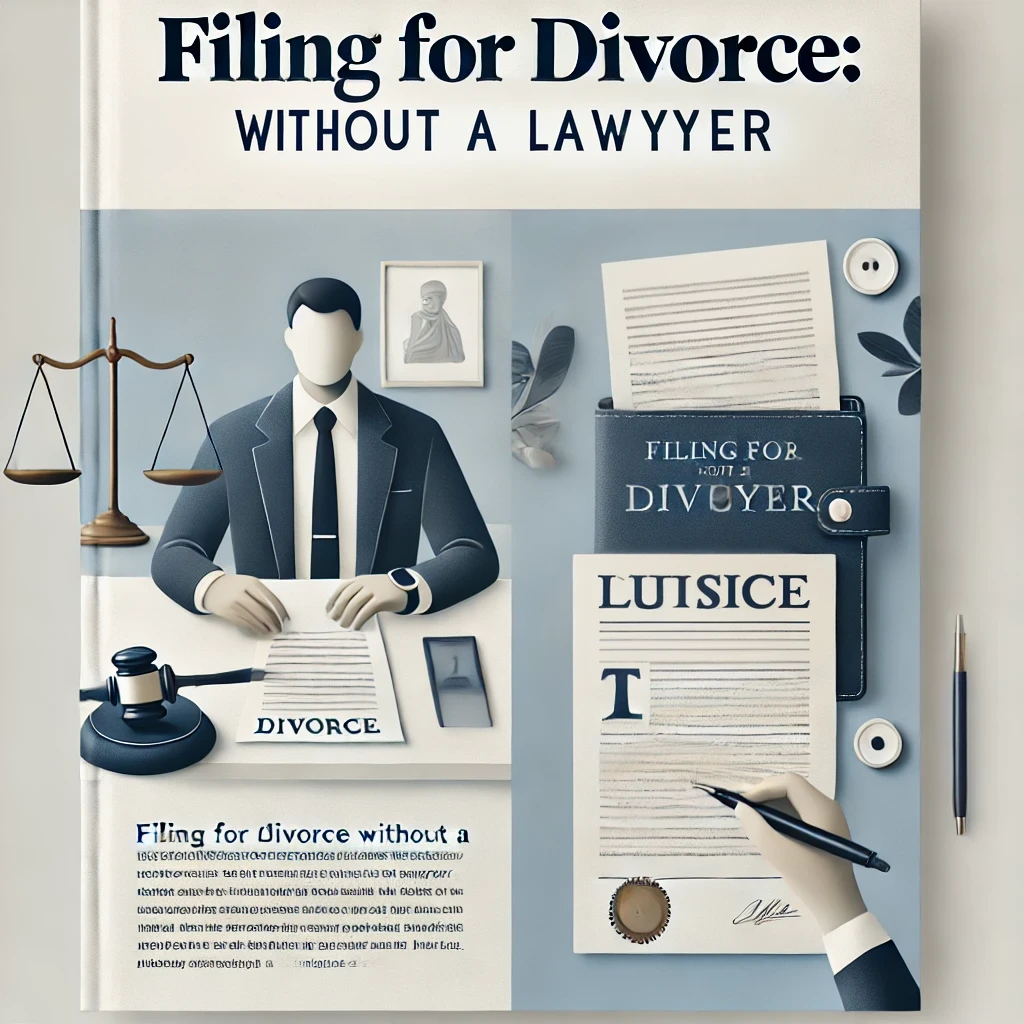
Navigating the Legal Landscape of Online Advertising
The Importance of Legal Awareness in Digital Marketing
In the rapidly evolving world of online advertising, businesses often rush to implement innovative strategies to engage their audiences. However, amidst the excitement of digital marketing, it's crucial to remember that the legal implications of online advertising are just as important as the creative elements. With increasing regulations and scrutiny from consumers and regulatory bodies alike, understanding the legal aspects of online advertising can mean the difference between success and costly legal pitfalls. In this comprehensive guide, we will explore the critical legal considerations every marketer must know, helping you navigate the complex landscape of online advertising while ensuring compliance and maintaining your brand's integrity.
Key Takeaways
- Regulatory Compliance is Non-Negotiable
- Transparency Builds Trust
- Know Your Audience
- Intellectual Property Matters
- Keep Records
Adhering to advertising laws is essential to avoid legal issues.
Clear communication about your advertising practices fosters consumer confidence.
Understanding your demographic helps tailor compliant and effective advertising strategies.
Respect for copyrights and trademarks is crucial in all advertising content.
Documenting your advertising strategies can safeguard against potential disputes.
A Step-by-Step Guide to Compliant Online Advertising
- Step 1: Understand Advertising Regulations
- Step 2: Create Clear and Honest Advertisements
- Step 3: Implement Robust Privacy Policies
- Step 4: Monitor Advertising Campaigns Regularly
- Step 5: Train Your Team on Advertising Policies
- Step 6: Consult Legal Experts
Start by familiarizing yourself with key regulations such as the Federal Trade Commission (FTC) guidelines, which govern online advertising practices. This involves understanding what constitutes false advertising and the requirement for disclosures.
Ensure that all advertising content is truthful and does not mislead consumers. Use clear language and avoid exaggerations that could be interpreted as deceptive.
Make sure your advertising practices comply with privacy laws, such as the General Data Protection Regulation (GDPR) and the California Consumer Privacy Act (CCPA). This includes obtaining consent for data collection and providing clear privacy notices.
Conduct regular audits of your advertising campaigns to ensure compliance with legal standards and make adjustments as necessary to address any emerging legal issues.
Provide training for your marketing team on the legal aspects of advertising. This ensures that everyone involved in creating advertisements understands the importance of compliance.
Consider hiring a legal consultant specializing in advertising law to review your strategies and provide ongoing guidance as regulations evolve.
Key Legal Insights and Common Pitfalls in Online Advertising
Understanding the legal landscape of online advertising is crucial for any business engaged in digital marketing. The primary governing body for advertising in the United States is the Federal Trade Commission (FTC), which enforces laws against misleading advertisements and ensures transparency. Businesses must be aware of the need for clear disclosures, especially when working with influencers or using affiliate marketing. For example, the FTC requires that influencers disclose any material connections they have with brands, such as payment or free products received for review. Failure to do so could result in hefty fines and damage to a brand's reputation. Another significant area of concern is privacy laws. With consumers becoming increasingly aware of their data rights, regulations like GDPR and CCPA mandate strict guidelines on how businesses collect, store, and utilize consumer data. Violating these laws can lead to severe penalties and legal actions. Furthermore, businesses should be cautious about copyright infringement. Using images, videos, or written content without permission can result in costly lawsuits. Real-world examples, such as the case of the fashion retailer Shein being sued for copyright infringement, highlight the importance of respecting intellectual property rights. Overall, businesses must adopt a proactive approach to understanding and integrating these legal considerations into their advertising strategies.

Real-Life Examples of Legal Challenges in Advertising
- The Influencer Marketing Fiasco
- Intellectual Property and Copyright Infringement
A prominent beauty influencer faced scrutiny after failing to disclose her paid partnership with a skincare brand. The FTC intervened, leading to a public relations disaster for both the influencer and the brand. This case illustrates the critical need for clear disclosures in influencer marketing, as the lack of transparency can lead to legal repercussions and a loss of consumer trust.
In 2021, fashion retailer Shein was sued by several artists for copyright infringement over designs that were alleged to have been used without permission. This case underscores the importance of respecting intellectual property rights in online advertising. Brands must ensure that all creative content used in advertisements is either original or properly licensed to avoid costly lawsuits and reputational damage.
FAQs
- What are the FTC's main regulations regarding online advertising?
- How can I ensure my advertising complies with privacy laws?
- What should I do if I receive a cease-and-desist letter regarding my advertisements?
- Can I use third-party content in my advertisements?
- What are the consequences of violating advertising laws?
The Federal Trade Commission (FTC) primarily regulates advertising practices to prevent misleading claims. Key regulations require advertisers to ensure that their advertisements are truthful, not misleading, and, when applicable, disclose any material connections between endorsers and the brands they promote. This includes influencer partnerships, where clear disclosures about payment or free products are mandatory.
To comply with privacy laws such as GDPR and CCPA, businesses should implement robust privacy policies that include obtaining consent for data collection, offering clear privacy notices, and allowing consumers to opt-out of data sharing. Regularly review and update these policies to ensure ongoing compliance with changing laws.
If you receive a cease-and-desist letter, it is essential to take it seriously. First, review the claims made in the letter and consult with a legal expert to understand your rights and options. Depending on the situation, you may need to cease the relevant advertising activity or negotiate a resolution with the claimant.
Using third-party content, such as images or videos, requires permission from the copyright holder. This includes purchasing licenses or obtaining explicit consent from the creators to avoid potential copyright infringement. Always check the usage rights associated with any content before including it in your advertisements.
Violating advertising laws can result in severe penalties, including fines imposed by regulatory bodies like the FTC. Additionally, businesses may face lawsuits from consumers or competitors, reputational damage, and loss of consumer trust, which can significantly impact sales and long-term viability.
Additional Resources for Understanding Advertising Law
For more information on the legal aspects of online advertising, consider visiting the following resources: the Federal Trade Commission (FTC) website, which provides guidelines and updates on advertising practices; the Interactive Advertising Bureau (IAB) for best practices in digital advertising; and consulting with a specialized legal expert in advertising law for personalized guidance.
Summary and Key Takeaways
Understanding the legal aspects of online advertising is essential for any business looking to succeed in the digital marketplace. By familiarizing yourself with regulations, ensuring compliance, and adopting best practices, you can effectively navigate the complexities of online advertising while protecting your brand from legal pitfalls. Remember, the integrity of your advertising strategies not only safeguards your business but also builds trust with your audience. Stay informed and proactive to maintain a competitive edge in the ever-evolving landscape of online marketing.
Ready to Ensure Your Advertising Compliance?
Contact Lex Harper today to discuss your online advertising strategies and ensure compliance with all legal regulations. Visit our website for more resources or to schedule a consultation!





Comments